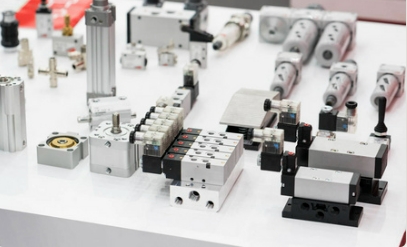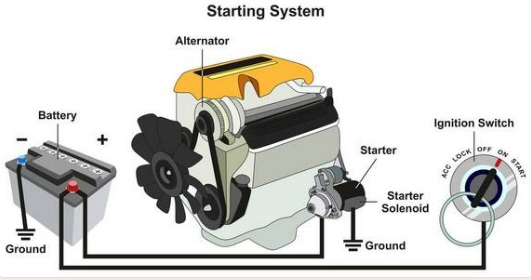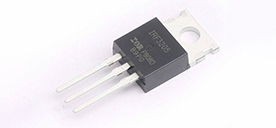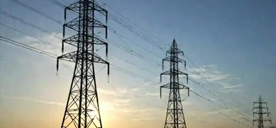Analysis of the working principle and fault diagnosis of carbon canister solenoid valve
2024/5/29 11:56:45
Views:
In the automobile fuel system, the carbon canister solenoid valve is a key component responsible for controlling the emission of volatile fuel vapor and maintaining the economy of fuel. It realizes the effective recovery and combustion of fuel vapor by timely opening or closing the channel to the engine intake manifold. When the carbon canister solenoid valve fails, it may cause excessive exhaust emissions and affect engine performance and fuel consumption. This article details a series of professional methods for judging the quality of the carbon canister solenoid valve.

Working principle and function of carbon canister solenoid valve:
The carbon canister solenoid valve consists of a solenoid coil, a valve and a pipe connected to the fuel evaporation system. Based on the engine's operating conditions, the electronic control unit (ECU) controls the solenoid valve's operation when the automobile is in motion. Under certain conditions, the solenoid valve receives a signal and opens, allowing fuel vapor to enter the intake manifold for combustion; in the non-working stage, the solenoid valve remains closed to prevent disorderly emission of fuel vapor.
Preliminary judgment of the quality of the carbon canister solenoid valve:
1. Observation and auditory inspection: Check whether the appearance is damaged, and check the status of the valve by manual operation.
2. Circuit test: Use a multimeter to measure resistance and voltage, and connect a diagnostic instrument for dynamic testing.
Further in-depth testing and verification:
1. Steam pressure test: Use a special pressure test tool to simulate the opening and closing of the solenoid valve under different pressures.
2. Flow test: Use a gas flow meter to test the flow capacity of the solenoid valve in the open state.

Common fault phenomena and corresponding problems:
Solenoid valves that are normally open, normally closed or stuck may cause different fault phenomena, such as engine instability, increased fuel consumption, and excessive exhaust emissions.
Conclusion:
In summary, through the comprehensive application of multiple methods, the quality of the carbon canister solenoid valve can be accurately judged. Timely detection and handling of solenoid valve failures can help ensure the normal operation of the vehicle fuel system, reduce environmental pollution, and improve vehicle performance. It is recommended that non-professionals consult professional automotive repair service providers in a timely manner when encountering suspected problems.

Working principle and function of carbon canister solenoid valve:
The carbon canister solenoid valve consists of a solenoid coil, a valve and a pipe connected to the fuel evaporation system. Based on the engine's operating conditions, the electronic control unit (ECU) controls the solenoid valve's operation when the automobile is in motion. Under certain conditions, the solenoid valve receives a signal and opens, allowing fuel vapor to enter the intake manifold for combustion; in the non-working stage, the solenoid valve remains closed to prevent disorderly emission of fuel vapor.
Preliminary judgment of the quality of the carbon canister solenoid valve:
1. Observation and auditory inspection: Check whether the appearance is damaged, and check the status of the valve by manual operation.
2. Circuit test: Use a multimeter to measure resistance and voltage, and connect a diagnostic instrument for dynamic testing.
Further in-depth testing and verification:
1. Steam pressure test: Use a special pressure test tool to simulate the opening and closing of the solenoid valve under different pressures.
2. Flow test: Use a gas flow meter to test the flow capacity of the solenoid valve in the open state.

Common fault phenomena and corresponding problems:
Solenoid valves that are normally open, normally closed or stuck may cause different fault phenomena, such as engine instability, increased fuel consumption, and excessive exhaust emissions.
Conclusion:
In summary, through the comprehensive application of multiple methods, the quality of the carbon canister solenoid valve can be accurately judged. Timely detection and handling of solenoid valve failures can help ensure the normal operation of the vehicle fuel system, reduce environmental pollution, and improve vehicle performance. It is recommended that non-professionals consult professional automotive repair service providers in a timely manner when encountering suspected problems.
Related Information
-
-
Phone
+86 135 3401 3447 -
Whatsapp





